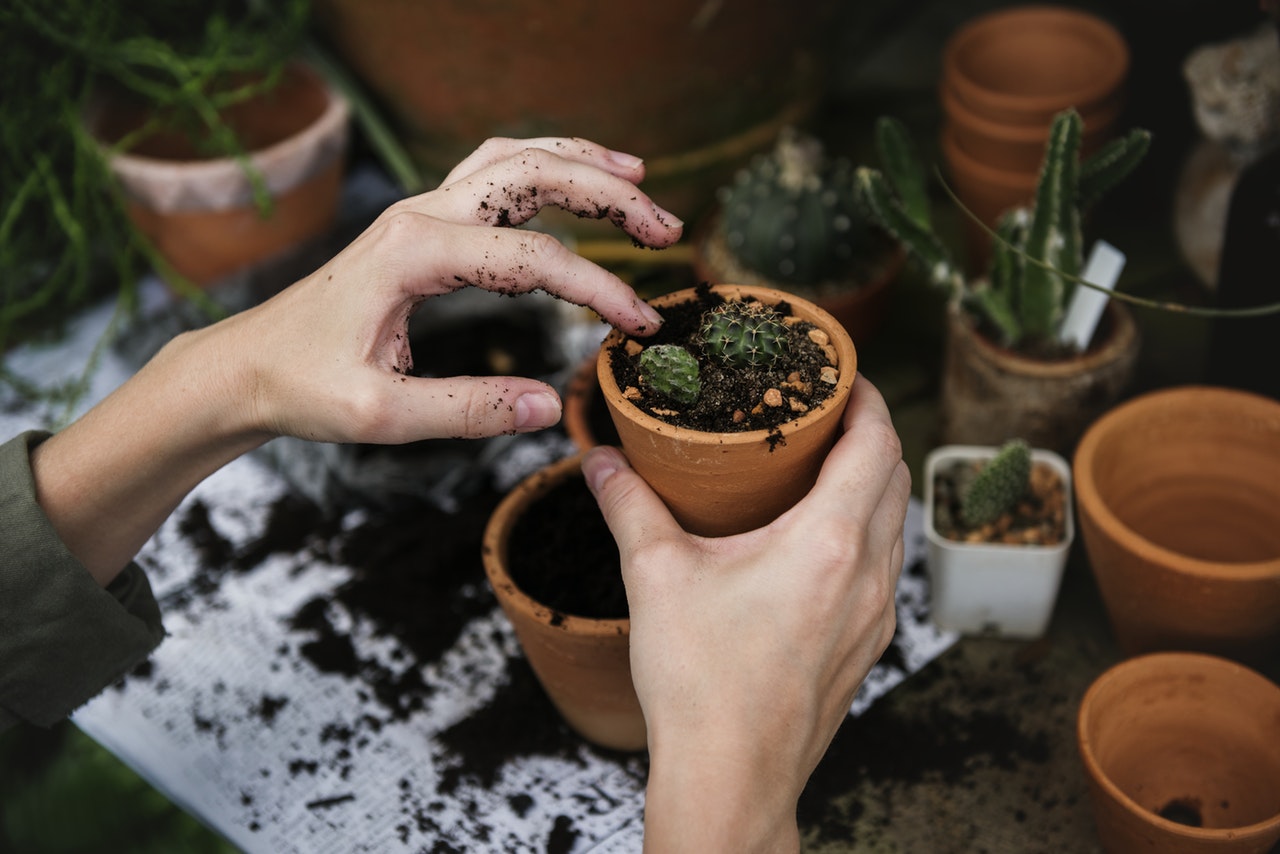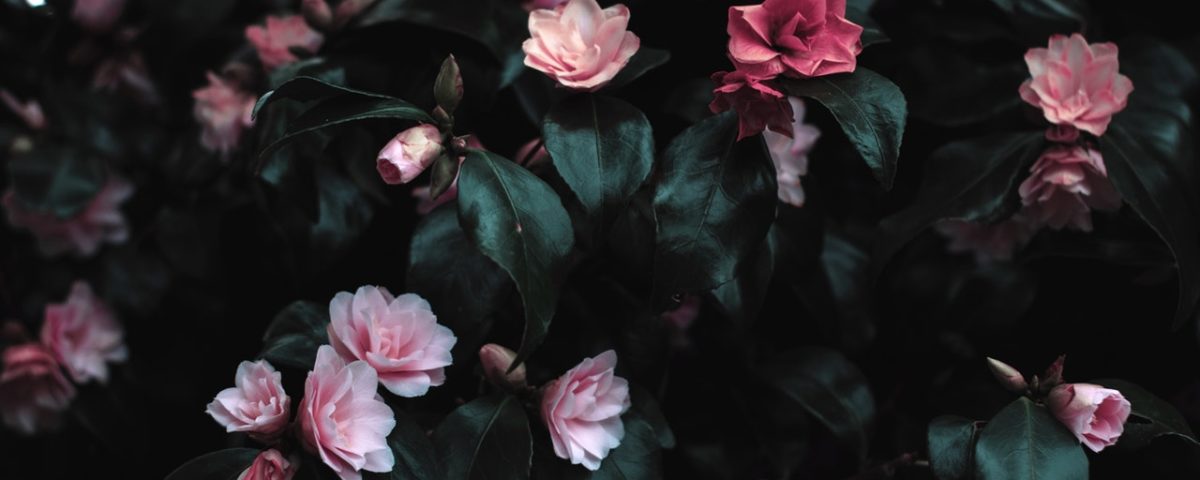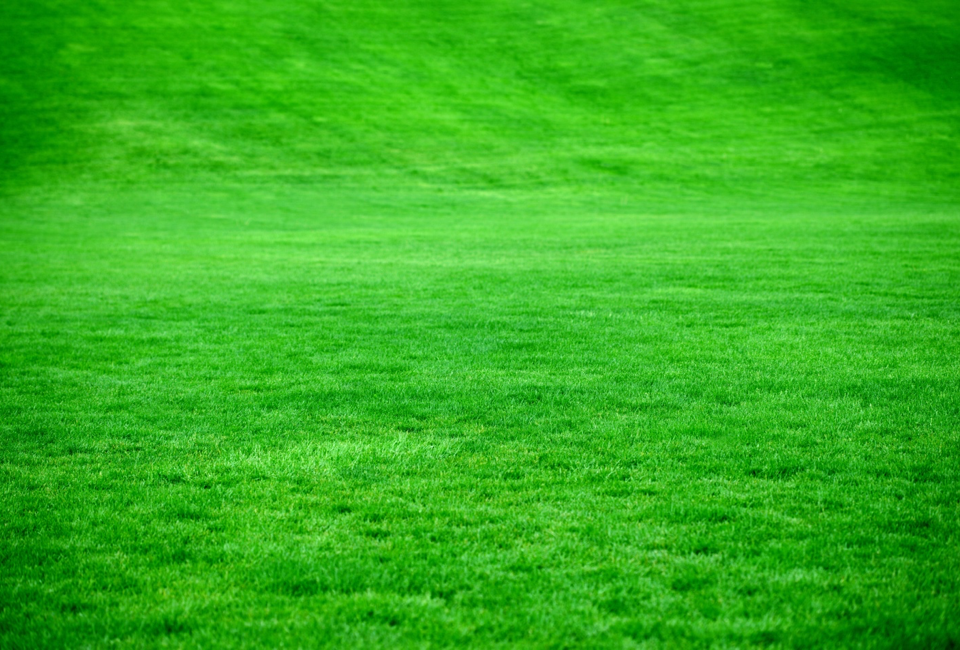
5 Ways to Make Your Landscape More Environmentally Friendly
December 29, 2018
Choosing the Best Soil for Your Houseplants
January 31, 2019Selecting the proper fertilizer is important for the health of all of your plants, from your roses to your edible herb garden. Unfortunately, many home gardeners can quickly get overwhelmed with all of the options available to them. It can be difficult to know which to choose, but all fertilizer is beneficial, right? Not necessarily. Different plants have very specific needs when it comes to fertilizer. Factors from the time of year you fertilize to the composition of your chosen fertilizer can have an effect on your plant’s health.
What You Need to Know About Fertilizer
When you visit your local landscaping supply company, you’ll be faced with many different fertilizers to choose from. It’s important that you go in with a good understanding of what you’re looking for. To do that, first, you need to know some basics about fertilizer. First, you probably know that fertilizer helps support plant growth, but how? Your plants need certain things to survive and thrive including water and food. Plants are able to pull a lot of the nutrients they need from their soil, however, sometimes it’s necessary to add to these nutrients, that’s where fertilizer comes in.
Feeding Your Plants
Fertilizer is packed with all sorts of things that your plants need to grow These can include potassium, phosphorus, and nitrogen. While all of these things are found naturally in quality soil, sometimes your plants need a little extra boost. Here’s why:
Potassium: Potassium is tasked with working with nitrogen to make the roots and leaves of your plants as strong as possible. A plant that has an adequate amount of potassium will be less prone to common issues like disease, frost, and drought.
Phosphorus: Your plants need strong roots in order to grow. The best way to promote root health is with ample amounts phosphorus in your soil
Nitrogen: Nitrogen is arguably the most essential element when it comes to plant growth. This nutrient is responsible for everything from plant color to leaf thickness. A plant that is given an adequate amount of nitrogen will also be less prone to pests.
Types of Fertilizer
Fertilizer comes in different forms including granular and liquid. In addition, there are fertilizers that are made from organic materials and some that are synthetic. From these basic types, fertilizers can break down to even more specific sub-categories. As an example, there are fertilizers that are specifically formulated to be used at certain times of the year.
Whether you use granular or liquid fertilizer may simply come down to your personal preference, but each type has their own set of pros and cons. Many gardeners like granular fertilizer because they are believed to be longer lasting. That’s because the granules that make up these blends will typically break down over time. This makes it so that your plants are fed on a consistent basis over a matter of weeks and months, instead of getting one quick blast of nutrition.
There are special fertilizers that are specifically made for this purpose. They will usually be labeled as “slow release” or something similar. These slow release formulas can last up to six months before you have to fertilize again. The downside to slow release formulas is that they can be much more expensive than other fertilizers.
Liquid fertilizers are typically concentrated, which means you will have to mix them with water in order to use them. Many varieties of liquid fertilizer come with a built-in hose attachment to make this easy. Liquid fertilizers are great for giving your plants equal coverage of nutrients with ease. However, keep in mind that when you use a liquid fertilizer, you will have to re-apply it much more often than if you use granular fertilizer.
Synthetic or Organic?
Both synthetic and organic fertilizers can work very well. The main difference between these two products is how they are produced. Synthetic fertilizers are scientifically engineered in a lab. They utilize chemicals that are made to ensure the quick release of vital nutrients to your plants. Most quick-release fertilizers are synthetic. The downside to using synthetic fertilizers is that they will likely have to be re-applied pretty often to be effective. That means more time and money on your part.
Organic fertilizers, on the other hand, are made up of either living organisms or their by-products. They are typically not available in liquid form which means you will either have to distribute them by hand or with a special fertilizer spreader tool. Organic fertilizers break down slowly, so they will feed your plants over a period of several months. The unfortunate thing about using organic fertilizer is that, since they are made from natural materials, they tend to smell. However, this bad odor is typically temporary and should subside over a number of days.
Choosing a Fertilizer
Now that you understand some of the basics about fertilizers, you’re ready to shop. All of the fertilizers you have to choose from will have the three core nutrients discussed above. The main difference between them will be the total amounts of each nutrient within the composition of the fertilizer. This is where it’s helpful to do your homework ahead of time. Certain plants may require more or less of each of the key nutrients.
You can do some simple research online to determine what nutrient blend is most beneficial for the specific plants you have at home. The type of fertilizer you choose may also depend on the time of year you’re fertilizing. As an example, many plants benefit from an additional dose of potassium during colder months.
If you’re still unsure, don’t hesitate to talk to a landscaping supply professional. At Cal Blend Soils, we help gardeners just like you every day. Our staff is extremely knowledgeable when it comes to selecting the proper fertilizer for your specific application. Plus, we carry a large variety of quality fertilizers here at our shop. We can even help you create a custom blend that’s just right for your garden.


